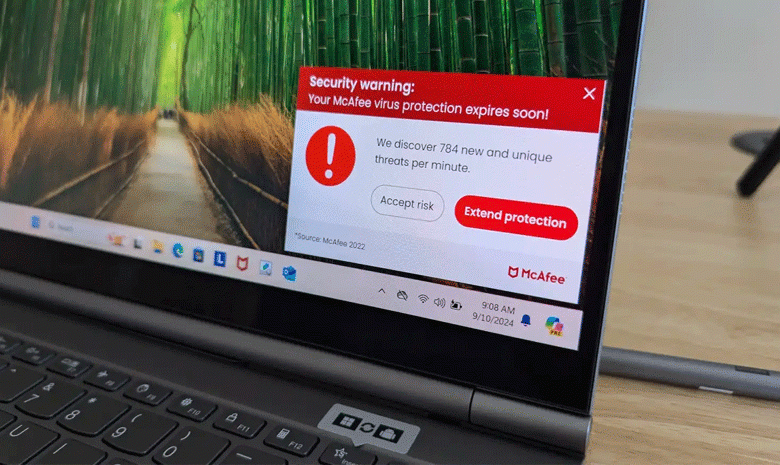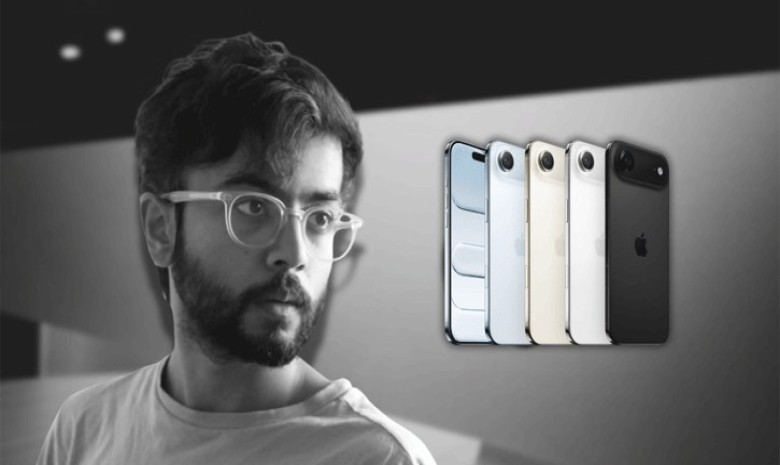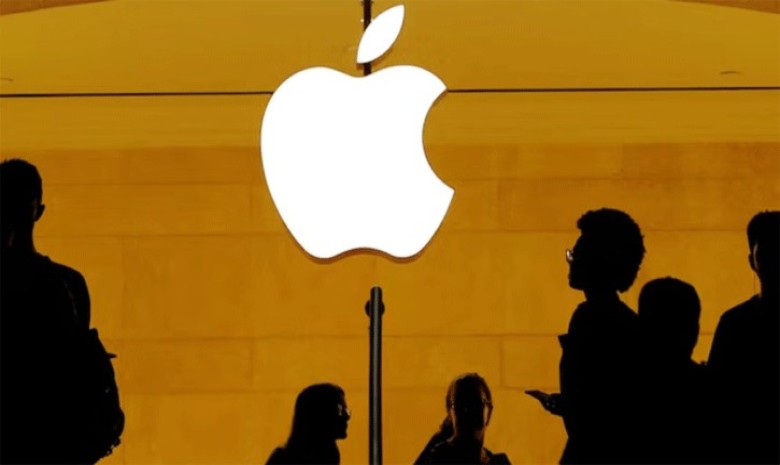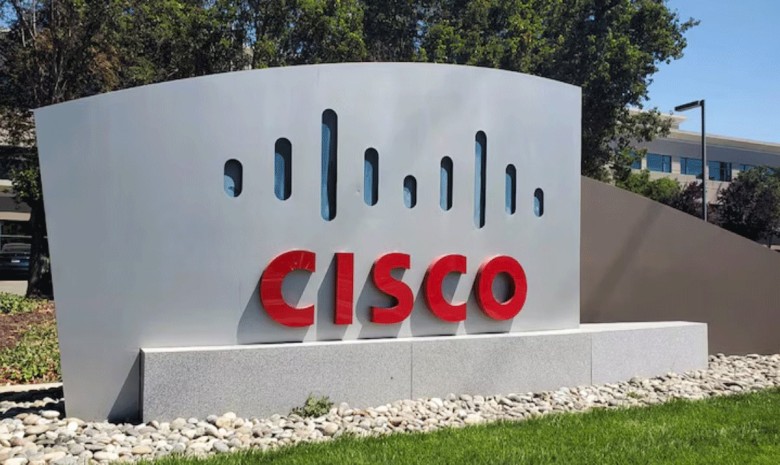Unboxing a new laptop is often a moment of excitement—switching it on feels like stepping into a new world of technology. But that joy is quickly disrupted when the screen flashes an alarming message: “Your device is at risk!” or “Your antivirus subscription is about to expire!”
Many users are instantly unsettled, fearing that unless they purchase a subscription, their system will soon be overrun by viruses. For less tech-savvy customers, the experience can be outright intimidating.
This phenomenon is not limited to budget laptops. Even premium devices costing as much as $3,000 often come pre-installed with McAfee antivirus software, accompanied by a barrage of warnings. Such persistent alerts leave users anxious and uncertain, raising the question—how real are these threats?
A trap of warnings
Within days of powering on a new device, users are confronted with red-tinted warnings on their screens. Messages such as “Real-time protection will be disabled” or “Your computer is at serious risk” are designed to pressure customers into buying a subscription immediately.
Technology experts argue that these alerts are often misleading. Windows devices already come with Microsoft Defender pre-installed—a robust, free antivirus solution that updates automatically. This means a laptop does not become completely unprotected without McAfee.
Profits for manufacturers
Laptop makers are also tied into this model. Many users notice messages claiming that “Lenovo recommends McAfee” or similar endorsements from other brands. Such prompts indicate financial arrangements between manufacturers and McAfee, allowing brands to profit from pushing pre-installed software. As a result, even customers who pay a premium for their devices find themselves saddled with what some call an “unwanted passenger.”
Annoyance over fear
The initial sense of fear is often followed by high-pressure offers—“Only a few minutes left!” or “Final chance!” Users feel both alarmed and hurried into making a purchase, while also growing frustrated. For many, these persistent pop-ups turn the excitement of owning a new laptop into an irritating experience.
A simple solution
Experts advise there is no reason to panic. Users can remove the problem within minutes by uninstalling McAfee altogether. Once deleted, Microsoft Defender automatically activates, providing sufficient protection for general users. Those who wish to install another trusted antivirus programme are free to do so, but that remains a personal choice.
Source: PCWorld
Total views: 786



























